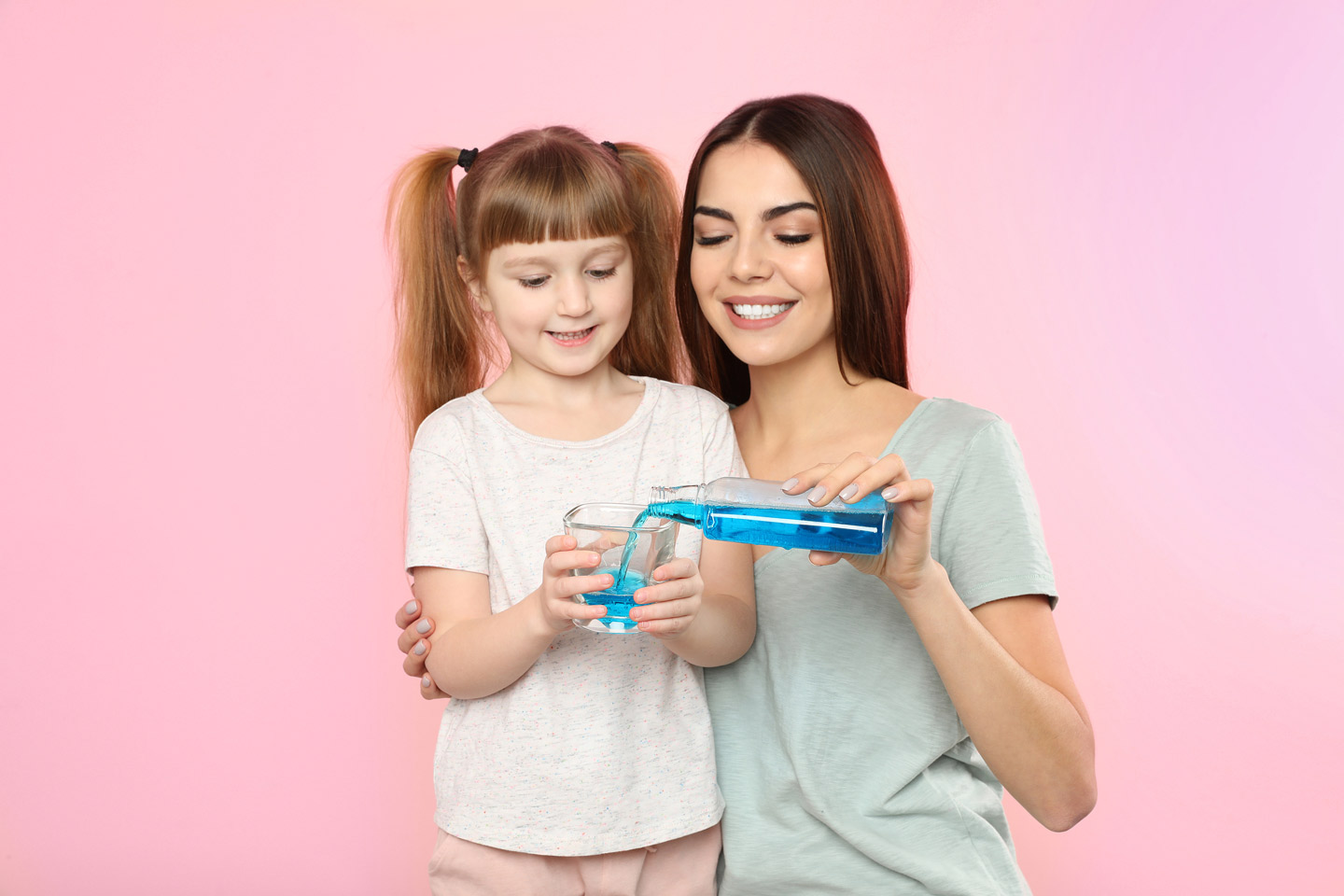
Is Mouthwash Safe for Children?
Maintaining oral hygiene is crucial for children as they grow, and mouthwash can play a role in their dental care routine. However, the safety of mouthwash for children is a topic that often raises concerns among parents.
Understanding Mouthwash
Mouthwash, also known as oral rinse, is a liquid product used to rinse the mouth. It comes in various formulations, some of which are specifically designed for children. Mouthwashes typically contain antiseptics, fluoride, flavoring agents, and sometimes alcohol. The primary purposes of mouthwash are to freshen breath, reduce oral bacteria, and prevent tooth decay.Types of Mouthwash
- Therapeutic Mouthwash: Contains active ingredients like fluoride or chlorhexidine, which help reduce plaque, prevent cavities, and control gum disease.
- Cosmetic Mouthwash: Primarily focuses on breath freshening and does not offer significant dental health benefits.
- Alcohol-Free Mouthwash: A suitable option for children, as it eliminates the risks associated with alcohol ingestion.
When Can Children Start Using Mouthwash?
The appropriate age for introducing mouthwash to children can vary. Generally, dental professionals recommend starting mouthwash around age 6 or 7. At this age, children typically have developed enough coordination to swish and spit effectively without swallowing the mouthwash.Factors to Consider
- Ability to Spit: Children should be able to rinse, swish, and spit without swallowing. This skill usually develops between ages 5 and 7.
- Supervision: Younger children should always be supervised while using mouthwash to ensure they do not ingest it.
- Taste Preference: Many children are more likely to use mouthwash if it has a pleasant flavor. Look for kid-friendly options.
Benefits of Mouthwash for Children
- Cavity Prevention: Fluoride mouthwashes can help strengthen enamel and reduce the risk of cavities.
- Fresh Breath: Mouthwash can effectively reduce bad breath, making it a useful addition to a child’s hygiene routine.
- Plaque Control: Certain therapeutic mouthwashes can help reduce plaque accumulation, supporting overall dental health.
- Gum Health: Some mouthwashes are formulated to combat gingivitis and promote healthier gums.
Risks and Considerations
While mouthwash can be beneficial, there are risks to be aware of:- Ingestion: Most mouthwashes are not meant to be swallowed. Ingesting mouthwash, especially those containing alcohol or high fluoride levels, can be harmful.
- Alcohol Content: Mouthwashes containing alcohol can be particularly dangerous for children. Always choose alcohol-free options for younger users.
- Fluoride Overdose: Excessive use of fluoride mouthwash can lead to dental fluorosis, characterized by white spots on teeth. Monitor usage according to your dentist’s recommendations.
- Taste and Sensitivity: Some children may find mouthwash too strong or experience sensitivity to certain ingredients.
Guidelines for Using Mouthwash Safely
To ensure that mouthwash is used safely and effectively by children, consider these guidelines:- Consult a Dentist: Before introducing mouthwash, talk to your child’s dentist for personalized advice based on their dental health.
- Choose the Right Product: Opt for mouthwash specifically designed for children, ideally alcohol-free and with appropriate fluoride levels.
- Establish a Routine: Integrate mouthwash into the daily dental hygiene routine, ideally after brushing teeth.
- Monitor Usage: Ensure children use the correct amount and understand the importance of spitting out the mouthwash rather than swallowing it.
- Educate: Teach children about the purpose of mouthwash and the importance of proper oral hygiene.

